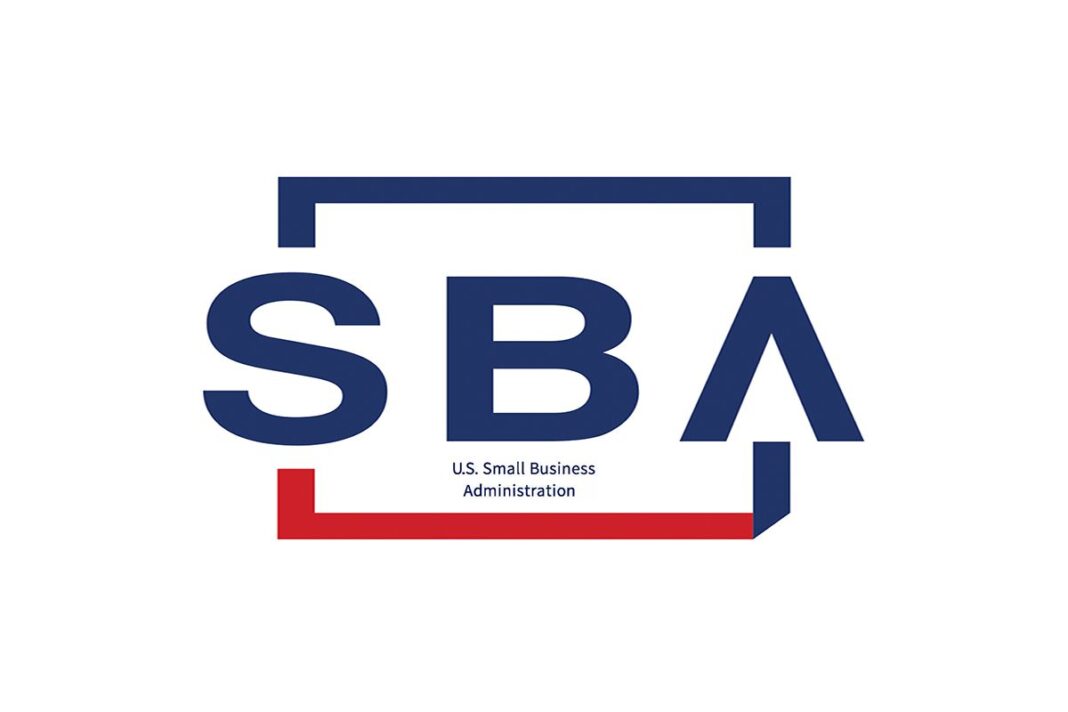A moratorium has been issued banning the further expansion of the program.
The Small Business Administration (SBA) is overhauling a Biden-era lending initiative, citing its “alarmingly high rates” of loan default, the agency said in a May 19 statement.
The Community Advantage Small Business Lending Company program was designed to issue 7(a) loans to “underserved communities,” the SBA said. In the 7(a) loan program, the government offers loan guarantees to lenders, which allows the loan providers to advance credit to small businesses with special needs.
The SBA blamed Community Advantage’s high default rate on lax oversight of the program.
“Community Advantage generated a 7 percent default rate over the last 12 months—more than double that of the overall 7(a) loan portfolio,” it said.
“Additionally, the portfolio is disproportionately stressed, with multiple lenders generating early problem loan rates above 30 percent.”
A problem loan refers to any loan that cannot be recovered from borrowers quickly.
The SBA issued a moratorium prohibiting the expansion of the Community Advantage loan program effective immediately.
In addition, the agency also issued a new standard operating procedure that will mandate lenders taking part in the program to meet “prudent financial stability standards.”
Existing lenders have to “dramatically increase” their capital reserves to continue participating in the program.
SBA administrator Kelly Loeffler called Community Advantage an example of the weaponization of government programs to “tip the scale against deserving small businesses and toward preferred groups and political allies, even when it meant greater risk to American taxpayers.”
Overhauling the Community Advantage program is one of the latest steps the SBA has taken concerning its 7(a) initiative.
On April 22, the agency announced it was eliminating several policies that had resulted in compromise of the financial integrity of the 7(a) program.
The previous administration had eliminated lender fees under 7(a). It also adopted underwriting standards that ended up allowing lenders to approve loans for underqualified borrowers.
“Predictably, the program saw a massive rise in defaults and delinquencies—which the agency was unable to cover due to decreased fee income,” the SBA said.
“By 2024, the 7(a) loan program had a negative cash flow of about $397 million—the first instance of negative cash flow in 13 years.”
The SBA said it was restoring “robust rules” to end such “reckless lending” practices.








